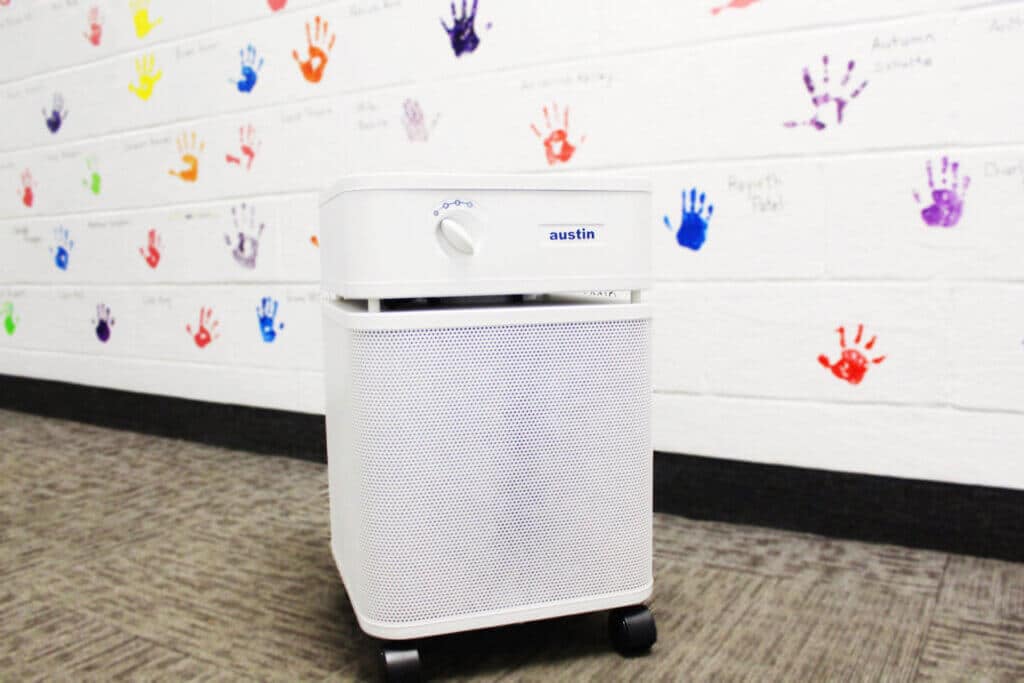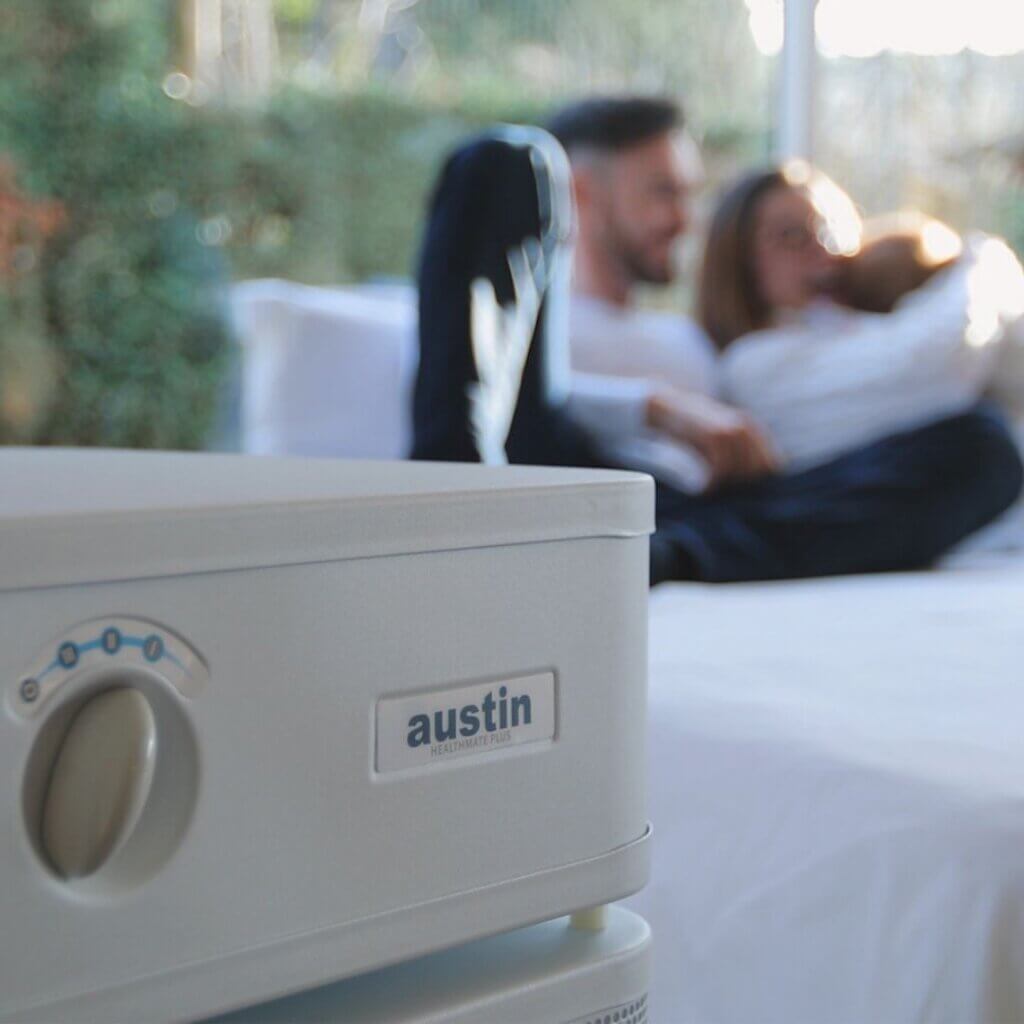Throughout the year, whether at work or at home, many of us struggle with poor air quality. In the winter months, we spend hours confined indoors, breathing stale air infused with gases from propane, beauty products, and cleaning supplies. As summer approaches, we may encounter mold issues or contend with allergies triggered by dust or dander. Additionally, the wildfire season can force us to stay indoors for weeks on end during the summer. Fortunately, there is a solution at hand. Powerful medical-grade (HEPA) air purifiers, like the Austin Air Healthmate, are readily accessible and can significantly enhance the quality of the air we breathe.
If you have a Flexible Spending Account (FSA) or Health Savings Account (HSA), you’ll be pleased to know that these financial tools can often be utilized to cover the cost of air purifiers. Whether you suffer from allergies or asthma, or simply aspire to create a cleaner and healthier environment, understanding how to leverage your FSA or HSA insurance can make a difference in your ability to acquire the right air purifier for your specific needs.
In this blog post, we will delve into the benefits, eligibility criteria, and necessary steps involved in effectively using your FSA or HSA to invest in an air purifier.

Who should purchase HEPA air purifiers?
Individuals suffering from respiratory conditions such as COPD, asthma, and allergies, or those who struggle with wildfire smoke can greatly benefit from using air purifiers. If you are unsure whether an air purifier could enhance your well-being at home or in the workplace, Austin Air offers an ‘Air Purification Need Analysis‘ tool. This simple and efficient assessment can help you determine if air purification is necessary for your specific circumstances.
Austin Air Healthmate features
When purchasing an air purifier using an FSA or HSA, it is crucial to select a machine that is medical grade and clinically proven to enhance air quality. The Austin Air Healthmate is an exemplary choice in this regard. It is specifically engineered with medical-grade technology that has been extensively tested and proven to eliminate up to 99% of airborne contaminants as small as 0.1 microns. This includes a wide range of pollutants, such as viruses*, bacteria, dust, dander, and allergens. The carbon blend incorporated in the filter is also highly effective in removing chemicals, gases, and odors.
The Austin Air Healthmate is trusted by numerous medical professionals, teachers, professional athletes, first responders, and parents who rely on it to address various health issues and air quality concerns. By investing in the Austin Air Healthmate, you can significantly improve the air quality and overall well-being in your home or workplace.
What is an FSA?
A Flexible Spending Account (FSA) is an employer-sponsored healthcare benefit that allows employees to set aside a portion of their pre-tax salary to cover eligible medical expenses. In 2023, the contribution limit for an FSA is $3,050. These funds can be used towards various out-of-pocket medical expenses, including medical-grade air purifiers. Essentially, an FSA acts as a tax-advantaged savings account for healthcare expenses.
It’s important to note that FSA accounts typically operate on a “use-it-or-lose-it” rule. This means that any funds remaining in the account at the end of the plan year may be forfeited, reverting back to the employer. It’s advisable to familiarize yourself with the specifics of your employer’s FSA plan and guidelines, which can vary, by contacting your HR department. This will help you make informed decisions about contributing to your FSA and utilizing it for eligible expenses, such as the purchase of medical-grade air purifiers.
What is an HSA?
A Health Savings Account (HSA) is a type of personal savings account that can be used toward certain healthcare costs. To qualify for an HSA, individuals must be enrolled in a high-deductible healthcare plan. These are generally Marketplace plans that only cover preventative costs before the deductible. Individuals with HSAs can contribute up to $3,850 (2023) and families, if you claim dependants, can contribute up to $7,750 (2023). Unlike an FSA, these funds can be used at any point for qualifying medical expenses and can earn interest. Funds are also not subject to federal tax. An easy way to see if you qualify for an HSA is to see if your state has HSA-eligible plans when you preview plans with price estimates at healthcare.gov/see-plans.
A Health Savings Account (HSA) is a personal savings account that offers tax advantages and can be used to cover certain healthcare costs. To be eligible for an HSA, individuals must be enrolled in a high-deductible health plan (HDHP). HDHPs are typically available through the Marketplace and typically provide coverage only for preventive services before reaching the deductible.
For the year 2023, individuals can contribute up to $3,850 to their HSA, while families with dependents can contribute up to $7,750. Unlike FSAs, HSAs can roll over from year to year, meaning they do not expire at the end of the plan year. Additionally, HSA funds can earn interest and are not subject to federal taxes.
To determine if you qualify for an HSA, a convenient way is to check if your state offers HSA-eligible plans. You can do this by previewing plans with price estimates on healthcare.gov/see-plans.
How to Purchase air purifiers using an FSA?
HEPA air purifiers can be covered by an FSA if purchased for medical reasons. To ensure you receive reimbursement, it is important to reach out to your HR department for detailed information regarding the reimbursement process. Additionally, providing a Letter of Medical Necessity (LMN) can further support your claim for reimbursement when purchasing an air purifier.
It’s worth noting that certain businesses that offer HEPA air purifiers, such as Austin Air, may accept FSA debit cards as a convenient payment option when purchasing a machine. This simplifies the transaction process and allows for a smoother FSA reimbursement experience.
How to purchase air purifiers using an HSA?
HEPA air purifiers can be covered by an HSA if purchased for respiratory conditions. Similar to purchasing through an FSA, it is crucial to obtain a Letter of Medical Necessity (LMN) before making the purchase. The LMN serves as documentation supporting the medical need for the air purifier, increasing the likelihood of HSA reimbursement.
Furthermore, certain businesses that offer HEPA air purifiers, including Austin Air, are known to accept HSA debit cards as a convenient payment method when purchasing a machine.


